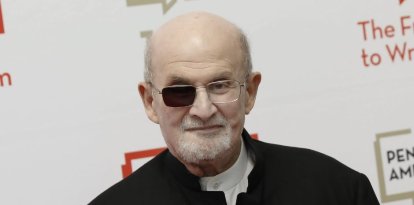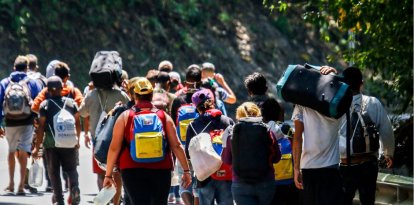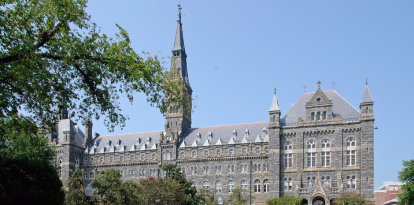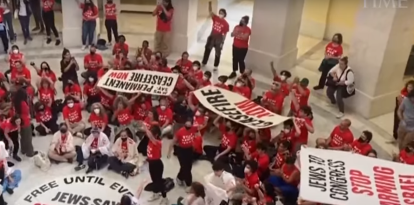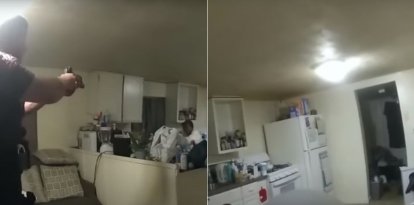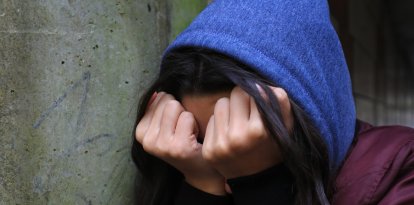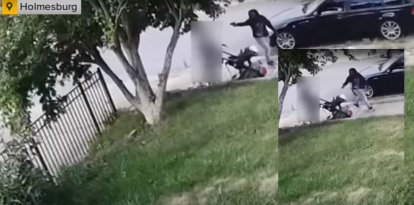Crime: Washington DC records one death per day in the last week
Homicides in DC totaled 128, up 12% from the previous year.
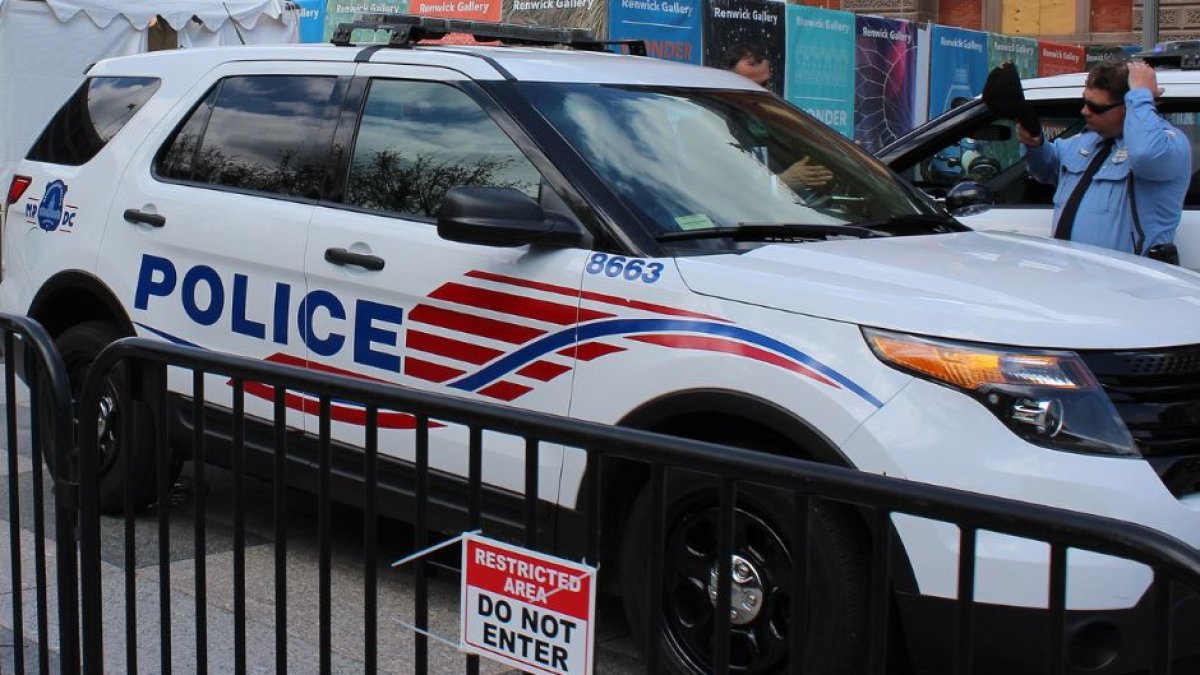
Washington, DC Metro Police (Wikimedia)
The country's capital is suffering a wave of armed violence. At least 36 people have been shot and 6 people have been killed by firearms in just one week, according to official data from the D.C. police. They show that homicides have increased by 12% and robberies by 20% compared to the previous year.
The mass shooting that killed one man and wounded five others outside an apartment complex in northeast Washington, completed 6 consecutive days of shootings in DC. In one of the latest events, police reported that criminals fired more than 90 rounds from assault rifles in a parking lot, killing two men.
Residents say they are puzzled by the violence. Six people were struck by bullets outside the Azeeze Bates apartments at NE 15th and F Street, including a man identified as Lance Melvin, 24, who was fatally shot. Police are continuing their investigation but have not yet apprehended the perpetrator.
DC Police Chief Robert J. Contee III told reporters at the scene of the shooting that the city had invested in means to "stem the tide of violence," but that some people had "lost their sense of humanity."
Cities with more homicides
The cities with the most homicides per capita have one thing in common, their mayors are all Democrats. According to AH Datalytics co-founder Jeff Asher, the cities with the highest murder and homicide rates are: New Orleans, Baltimore, Birmingham, Birmingham, St. Louis, Milwaukee and Cleveland.
In terms of the number of people killed, the list is led by Chicago with 304, followed by Philadelphia with 240, New York with 197, Los Angeles with 176, Baltimore with 174, New Orleans 145, Dallas with 122, Milwaukee 122 and Washington with 128 to date.
Violence has been growing steadily since 2020, especially homicides. And all of this in the midst of the current progressive movement that has insisted on defunding the police, following the death of George Floyd in the summer of 2020. Advocates of this movement seek to pressure leaders to reallocate police department funds to other resources such as mental health programs.















